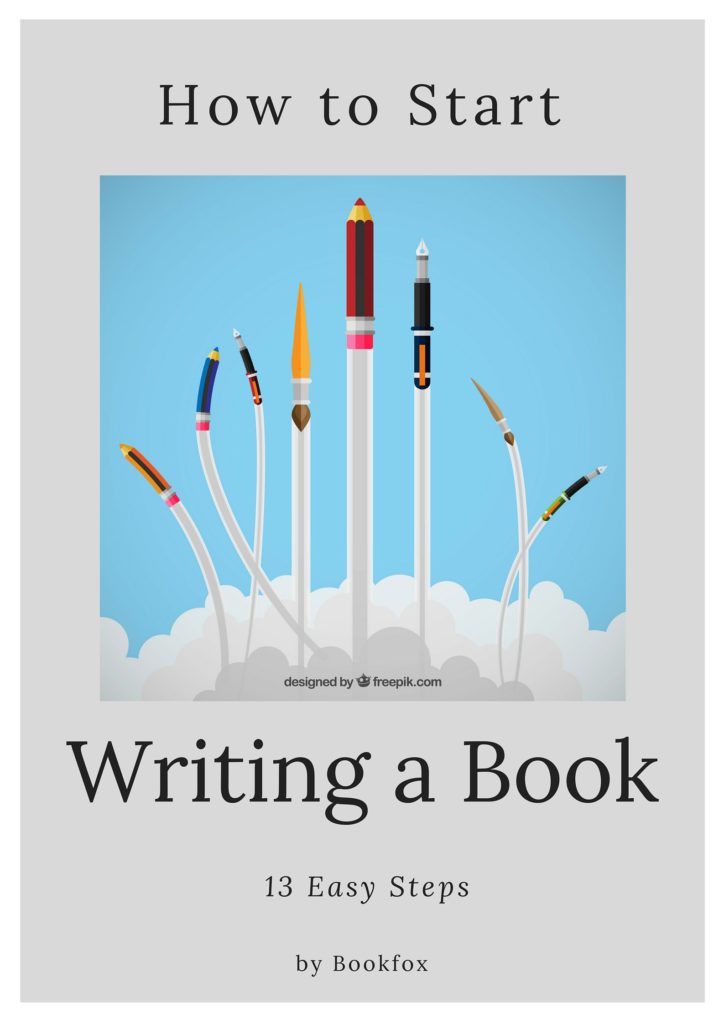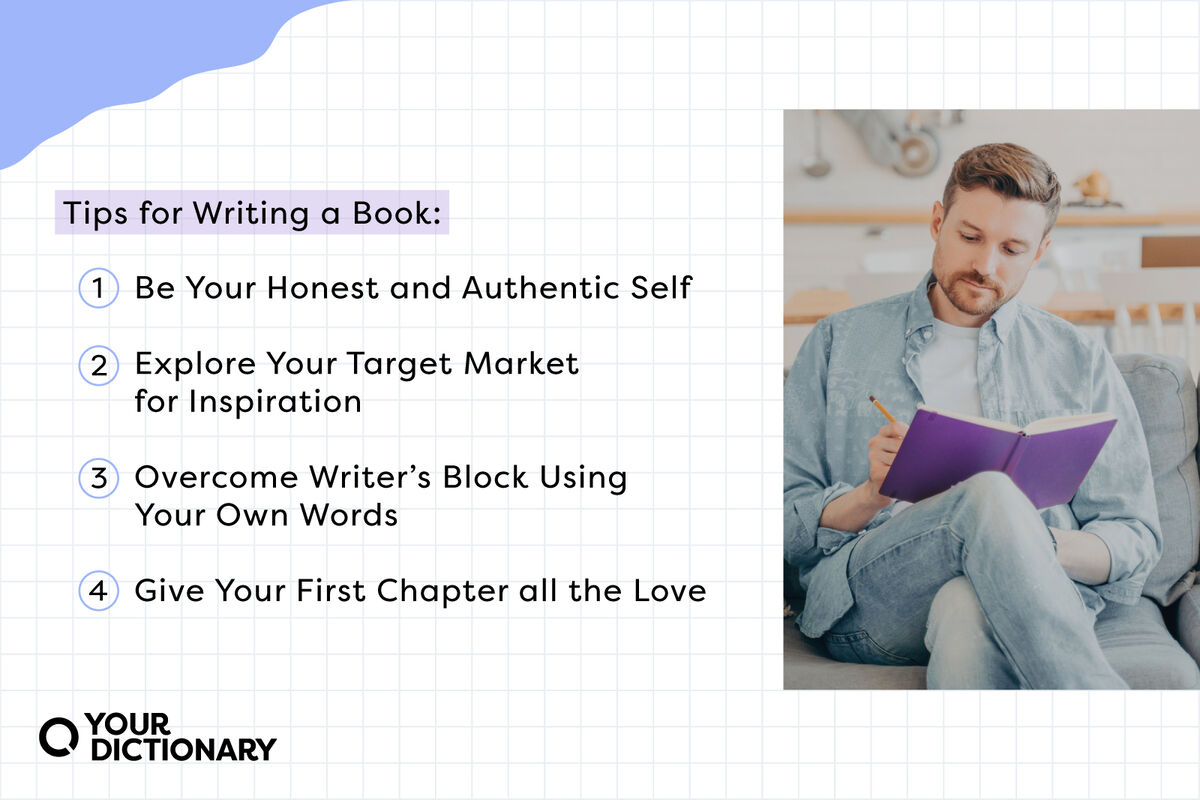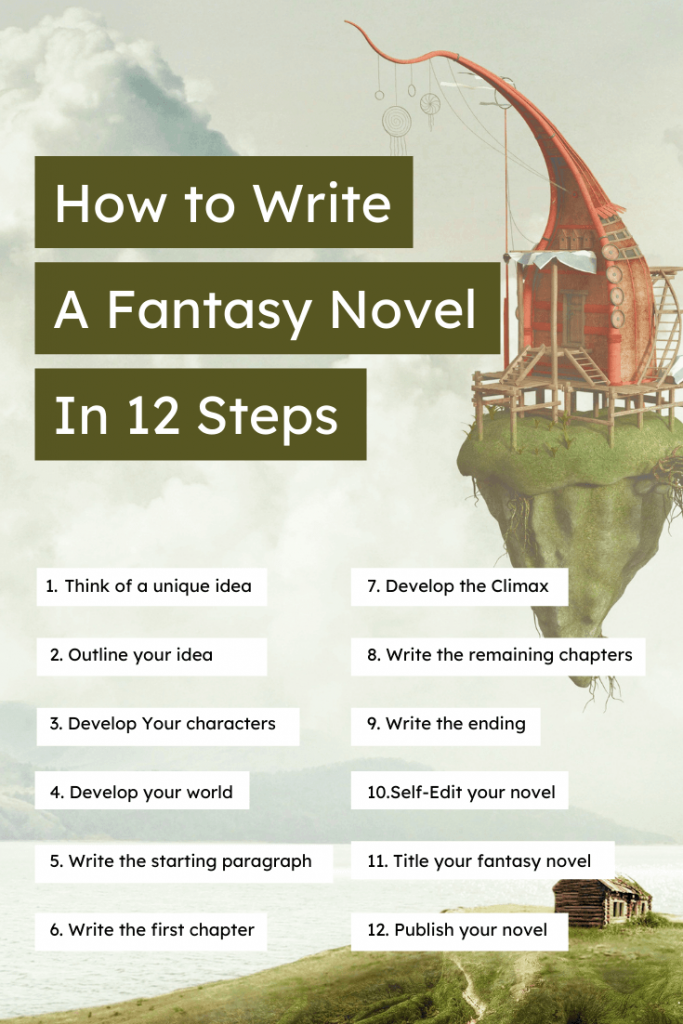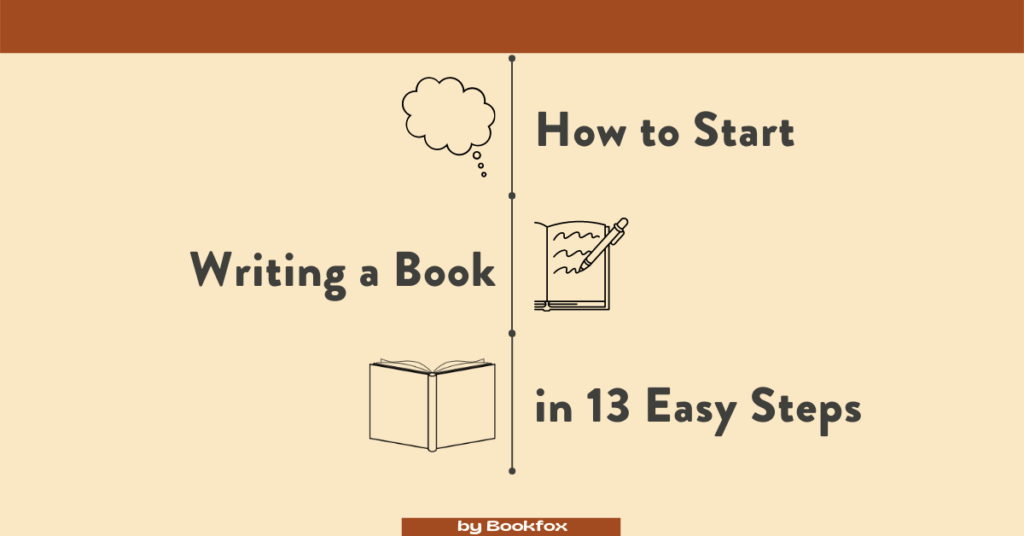Where Should I Start Writing A Book

Imagine a crisp, new notebook lying open before you, its blank pages whispering promises of untold stories. Or perhaps you see a glowing screen, the cursor blinking expectantly, ready to capture the whirlwind of ideas swirling in your mind. The question that lingers, though, is profound: Where do you even begin?
For aspiring authors, the initial step of writing a book can feel like standing at the foot of a towering mountain. The challenge isn't necessarily a lack of ideas, but rather a feeling of being overwhelmed by the sheer magnitude of the project. This article aims to demystify that first step, offering practical guidance on finding your footing and embarking on your writing journey with confidence. We'll explore different starting points and approaches to help you discover what works best for your unique creative process.
Finding Your Entry Point
The beauty of writing lies in its flexibility; there’s no one-size-fits-all method. Some writers thrive by meticulously planning every detail, while others prefer to dive headfirst into the story and let it unfold organically.
The Power of Outlining
For the meticulous planner, creating a detailed outline can be incredibly beneficial. This involves mapping out the entire story arc, including the key plot points, character development, and overall theme. This structured approach offers a clear roadmap, preventing writer's block and ensuring a cohesive narrative.
Many successful authors, including J.K. Rowling, are known for their intricate outlines. A well-crafted outline doesn't stifle creativity; it provides a framework within which your imagination can flourish.
Embracing the "Pantser" Approach
On the other end of the spectrum are the "pantsers" (those who fly by the seat of their pants). These writers prefer to begin with a basic premise or character and allow the story to evolve naturally through the writing process. This approach can lead to unexpected twists and turns, injecting a sense of spontaneity and discovery into the narrative.
Stephen King, a self-proclaimed pantser, has famously stated that he often begins with a vague idea and allows the characters to dictate the direction of the story. For those who thrive on improvisation, this approach can be incredibly liberating.
Character-Driven Beginnings
Sometimes, the most compelling starting point is a vivid character that comes to life in your mind. By focusing on understanding their motivations, flaws, and desires, you can build a story around their journey.
Ask yourself: What does your character want? What obstacles stand in their way? How will they change throughout the course of the story? The answers to these questions can provide a solid foundation for your narrative.
Setting as a Muse
The setting itself can be a powerful source of inspiration. A captivating location, whether real or imagined, can evoke emotions, create atmosphere, and drive the plot forward.
Think about the evocative settings in Tolkien's *Lord of the Rings* or Dickens' *Oliver Twist*. The setting became so important to the story, that it became a character itself. Let your setting be your muse.
Finding Your Voice
Regardless of your chosen starting point, it's crucial to find your unique writing voice. Experiment with different styles, tones, and perspectives until you discover what feels most authentic and natural to you.
Don't be afraid to break the rules and challenge conventions. Your voice is what will set your writing apart and connect with readers on a deeper level.
Overcoming the Initial Hurdle
The most important thing is to simply start. Don't wait for the perfect moment or the perfect idea. Just put words on the page, and see where they lead you.
Writing is a process of discovery, and the only way to discover your story is to begin telling it. Remember that first drafts are meant to be imperfect. The true magic happens in the revision process.
As the famous quote says,
"The journey of a thousand miles begins with a single step."So, take that first step and start writing.












![Where Should I Start Writing A Book 5 Tips to Help You Write a Book [Infographic] - Writing Tips Oasis - A](https://writingtipsoasis.com/wp-content/uploads/2016/05/writeabooks4-870x1024.jpg)





